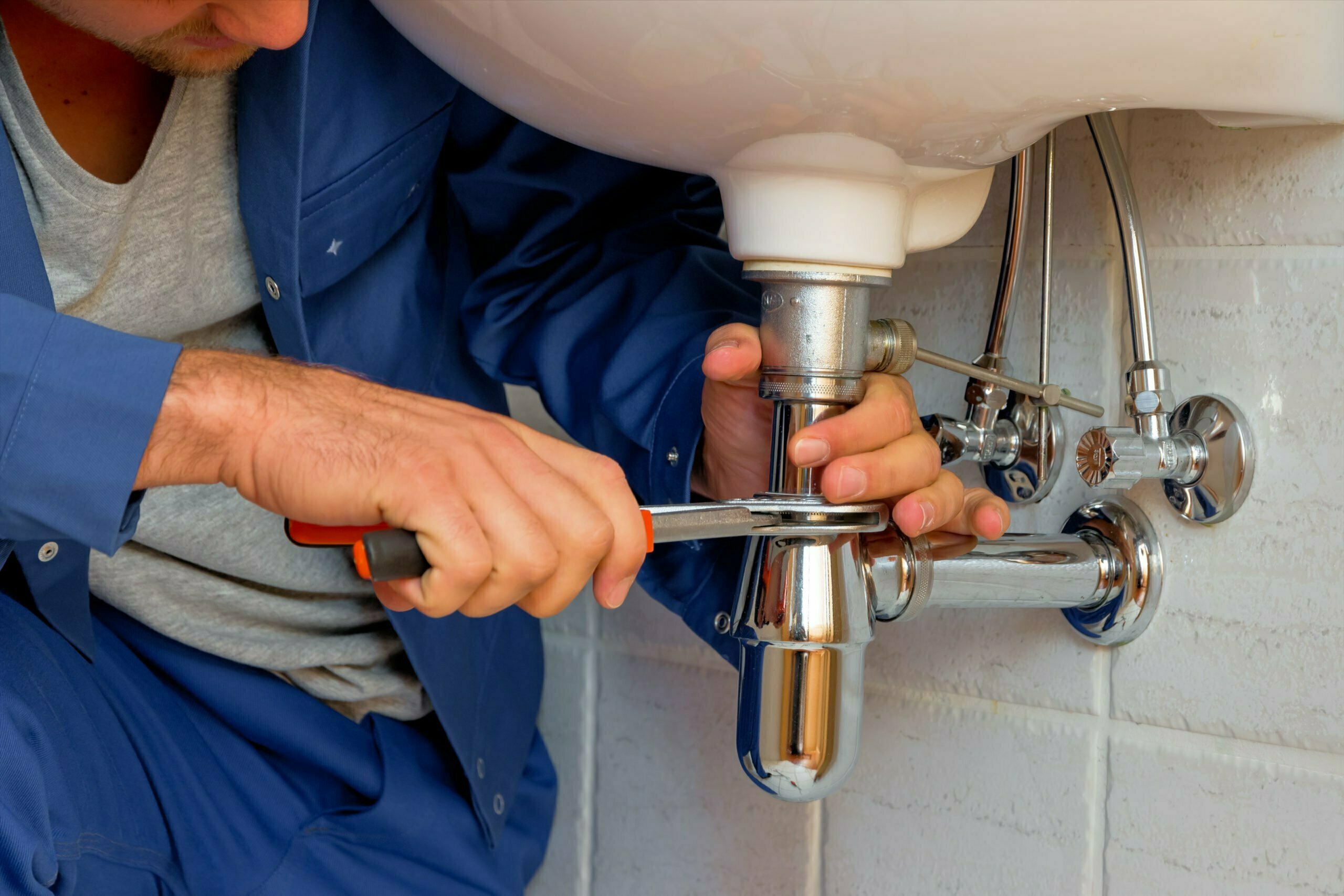In terms of maintaining a home, plumbing often takes a backseat in the minds of homeowners. Nonetheless, ignoring the intricate system of piping and fixtures can lead to significant repairs in the future. Proactive plumbing care is important for guaranteeing that your home stays a comfortable and safe environment. By dealing with minor issues before they escalate, you can save effort, expenses, and anxiety.

In this article, we will investigate practical tips and strategies to help you avoid common plumbing problems. From understanding when to tackle a plumbing task on your own or when to call in the professionals, to seasonal maintenance checklists, we will provide a comprehensive guide to keeping your plumbing system in optimal condition. With https://mccain-delacruz-2.hubstack.net/the-overall-cost-of-plumbing-work-work-what-to-anticipate , you can avoid unnecessary headaches and ensure your plumbing operates effectively year-round.
Popular Pipe Problems and Fixes
A of the most common plumbing concerns homeowners encounter is a clogged drain. It can occur due to accumulation of oil, tresses, and cleaning product buildup over the years. To avoid clogged drains prior to they start, think about using drain guards and consistently cleaning your sinks and tubs. If a clog does occur, a pump or a blend of soda bicarbonate and vinegar can often do the fix for small blockages. For tougher clogs, it might be needed to use a plumbing auger or call a professional.
One more frequent issue is low water force, which can be irritating when trying to perform everyday tasks. The causes can vary, ranging from a build-up of mineral deposits in pipes to leaks. Homeowners should check aerators on faucets and shower heads and maintain them if warranted. In case low water pressure continues, it could indicate a more serious problem in the pipes, and it may be best to contact a specialist.
In conclusion, hidden leaks can cause serious damage if not resolved promptly. Signs you may have a hidden leak include moisture on walls or overheads, an inexplicable bump in your water bill, or a moist smell in particular areas. To catch these issues early, homeowners should regularly evaluate their plumbing, including under sinks and around appliances. Should you believe there is a leak, knowing how to shut off your water in an urgent situation can prevent further damage while you await qualified help.
Pipe Care Advice
Routine maintenance is crucial for preventing expensive plumbing issues. Homeowners should periodically check their plumbing for any signs of leaks, deterioration, or damage. Checking for damp spots on surfaces and ceilings can aid identify hidden leaks early. In addition, ensure that all taps and showerheads are working properly, as leaks can use up water and increase your expenses.
One more important maintenance step is to clean out your drainage to prevent clogs prior to they can form. Use drain screens to catch hair and gunk and perform regular flushes with hot water or a blend of baking soda and vinegar to keep the drains clear. It's also prudent to be cautious of what goes into your drainage—avoid putting down anything that can cause blockages.
Lastly, don't overlook your hot water system. Check the heat settings and examine the pressure relief valve once a year to ensure it is functioning properly. Flushing the tank at least one time a year helps remove sediment buildup, which can affect performance and lifespan. By implementing these preventative steps, property owners can significantly reduce the risk of water system emergencies.
Emergency Pipe Readiness
When it comes to critical plumbing situations, being ready can make all the difference. Start by knowing how to shut off your water supply swiftly. This simple action can prevent extensive water damage and save you from costly repairs. Familiarize yourself with the location of your primary shut-off valve and practice turning it off. Additionally, consider labeling any valves for easy identification during an urgent situation.
Having a fundamental plumbing toolkit on hand is crucial for homeowners. plumbers near me with items like a toilet auger, a pipe tool, and thread seal tape. These tools can help you address minor plumbing issues before they escalate. You should also keep emergency supplies like towels and buckets to manage leaks or spills efficiently. Keeping a list of trusted local plumbers readily available can expedite the process of getting professional help when necessary.
Lastly, take proactive steps to minimize emergency situations. Regular plumbing inspections can identify vulnerabilities in your system, allowing you to address issues before they turn into emergencies. Understanding the typical plumbing problems and how to fix them, along with seasonal maintenance practices, will further reduce your chances of run-ins with plumbing disasters. Being vigilant about your plumbing needs is the most efficient way to ensure your home remains safe and operational.
